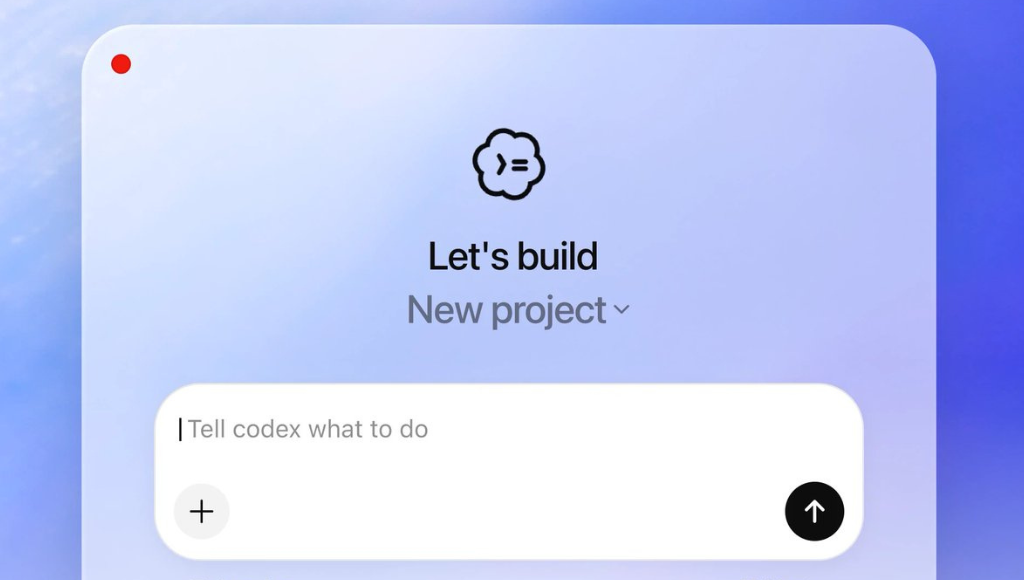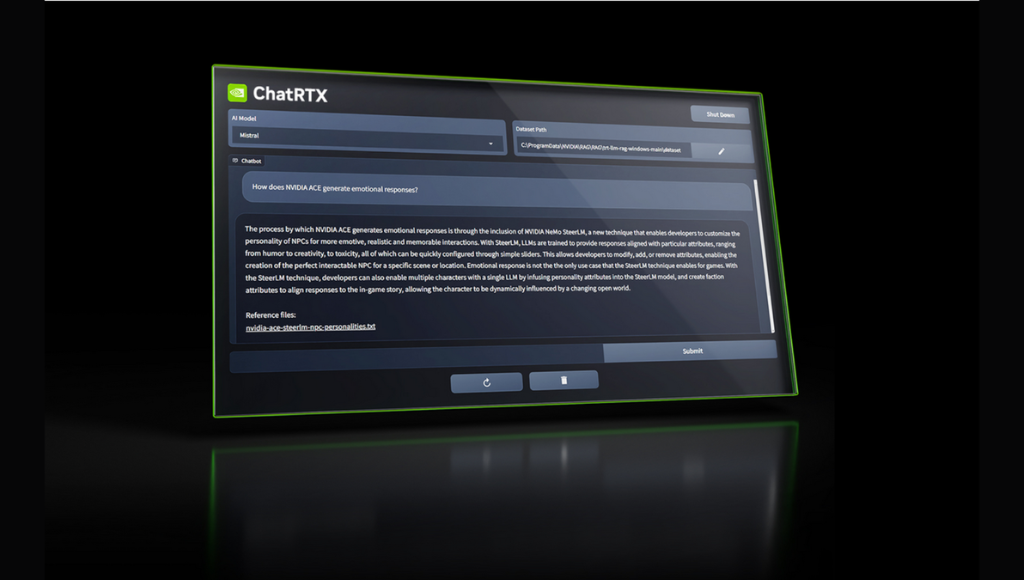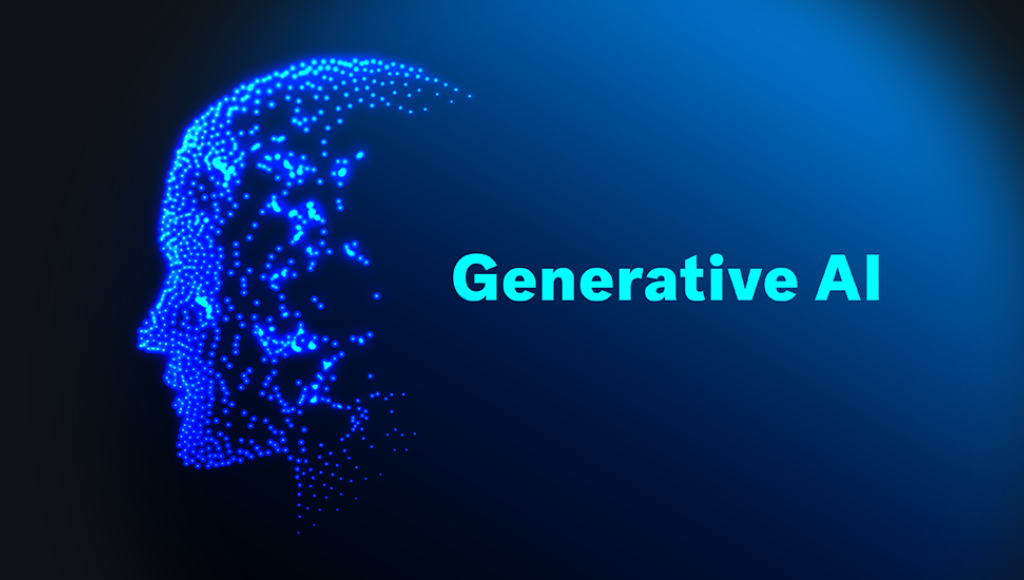Oracle has taken a significant step to streamline the development and deployment of AI for its customers by integrating Nvidia’s AI stack into its marketplace. This collaboration allows Oracle’s clientele to access high-demand, state-of-the-art GPUs for training foundational AI models and creating generative applications.
Under this partnership, Oracle is granting access to Nvidia’s DGX Cloud AI supercomputing platform and AI Enterprise software. Eligible enterprises now have the option to procure these tools directly from the marketplace and initiate model training for deployment on the Oracle Cloud Infrastructure (OCI). Oracle has made both Nvidia AI offerings readily available, including the choice of private offers.
Karan Batta, Senior Vice President for Oracle Cloud Infrastructure, stated, “We have worked closely with Nvidia for years to provide organizations with an accelerated compute infrastructure to run Nvidia software and GPUs. The addition of Nvidia AI Enterprise and Nvidia DGX Cloud to OCI further strengthens this collaboration and will help more organizations bring AI-fueled services to their customers faster.”
How Nvidia AI Benefits Oracle Cloud Customers
Presently, a wide range of enterprises employ Oracle Cloud Infrastructure for developing and running business applications and services. The OCI marketplace offers developers a catalog of add-on solutions and services to enhance their products.
Nvidia DGX Cloud and AI Enterprise software represent the latest additions to this marketplace. This integration allows customers developing applications on OCI to utilize their existing universal cloud credits to incorporate Nvidia’s AI supercomputing platform and software into their development and deployment pipelines.
Nvidia DGX Cloud is an AI-training-as-a-service platform that offers a serverless experience for multi-node training of custom generative AI models. It supports almost limitless scaling of GPU resources and is built on Nvidia’s DGX technology, with each DGX Cloud instance comprising eight Nvidia Tensor Core GPUs.
On the other hand, Nvidia AI Enterprise is an enterprise-grade toolkit designed to expedite model deployment to production. It incorporates the Nvidia NeMo framework for end-to-end generative AI development, Rapids for accelerating data science, TensorRT LLM open-source library to optimize inference performance, and Triton Inference server to standardize AI model deployment and execution.
Notably, Nvidia AI Enterprise is available separately in the marketplace, but it is also included with DGX Cloud. This facilitates a smooth transition from training on DGX Cloud to deploying AI applications into production via Nvidia AI Enterprise on OCI.
Real-World Adoption: Companies Leveraging Nvidia AI on OCI
Some of the companies leveraging Nvidia’s AI stack on OCI include digital engagement firm Gemelo.ai and the University at Albany in upstate New York. Paul Jaski, CEO at Gemelo, expressed excitement, stating, “We are excited to put the dual resources of OCI and the Nvidia AI Enterprise suite to use in building our next-generation AI-driven applications and ever more useful digital twins.”
As Oracle continues to incorporate Nvidia’s AI stack to expedite the deployment of generative AI apps on OCI, it raises questions about Oracle’s own AI initiatives. There is curiosity about whether Oracle will develop its own LLM (Large Language Models) to assist cloud customers in integrating generative AI into their applications.
Oracle’s Ongoing AI Efforts and Industry Collaborations
Oracle, a renowned database technology company, has primarily focused on industry partnerships in its AI efforts. In June, Larry Ellison, the company’s founder, announced a collaboration with Toronto-based AI company Cohere to create a service that simplifies enterprise customers’ ability to train custom LLMs using private data while safeguarding data privacy and security. Additionally, Oracle’s internal application development teams have been incorporating generative AI capabilities into various products and solutions, particularly those targeted at HR and healthcare professionals.






